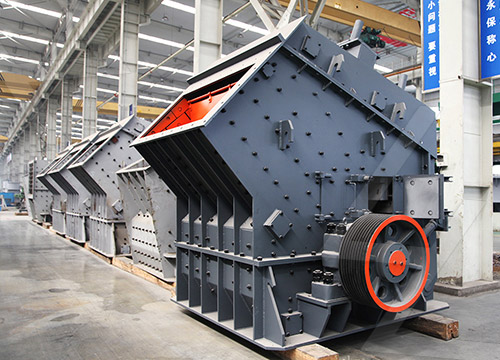Limestone is a versatile rock widely used in various industries, and in open-pit mining, it serves several key purposes:
1. Construction & Building Materials
– Aggregate: Crushed limestone is used as a base material for roads, railways, and concrete production.
– Cement Production: Limestone is a primary raw material in cement manufacturing (mixed with clay/shale and heated to form clinker).
– Dimension Stone: High-quality limestone blocks are cut for buildings, monuments, and decorative purposes.
 2. Industrial Applications
2. Industrial Applications
– Steel Manufacturing: Used as a flux in blast furnaces to remove impurities (silica, alumina) during iron smelting.
– Glass Production: Provides calcium carbonate, which stabilizes the glass mixture.
– Flue Gas Desulfurization (FGD): Powdered limestone neutralizes sulfur dioxide emissions from coal-fired power plants.
 3. Agricultural Uses
3. Agricultural Uses
– Soil Conditioner (Lime): Crushed or pulverized limestone neutralizes acidic soils to improve crop yields.
– Animal Feed Supplement: Provides calcium for livestock health and eggshell strength in poultry.
4. Environmental & Chemical Uses
– Water Treatment: Used to adjust pH levels and remove impurities in drinking/wastewater systems.
– Chemical Production: Key ingredient in making lime (quicklime and hydrated lime), used in paper, plastics, and chemicals.
Why Open-Pit Mining?
Limestone deposits are typically shallow and widespread, making open-pit mining cost-effective compared to underground methods. The process involves drilling, blasting, and hauling the rock to processing plants for crushing/screening.
Would you like details on specific mining techniques or environmental impacts?





Leave a Reply